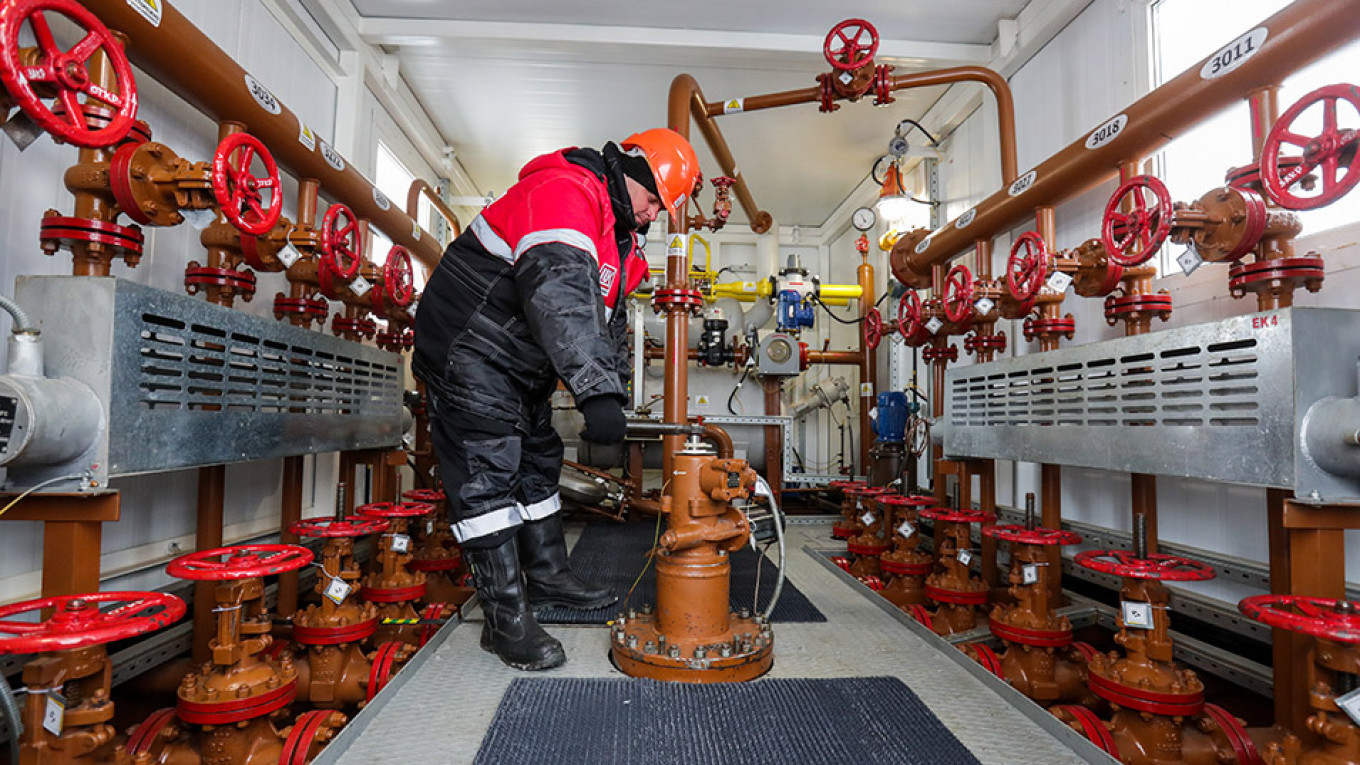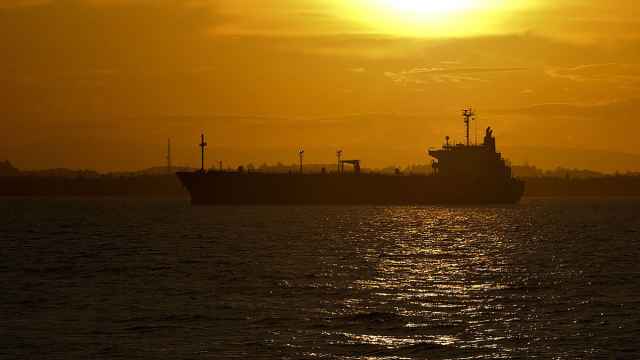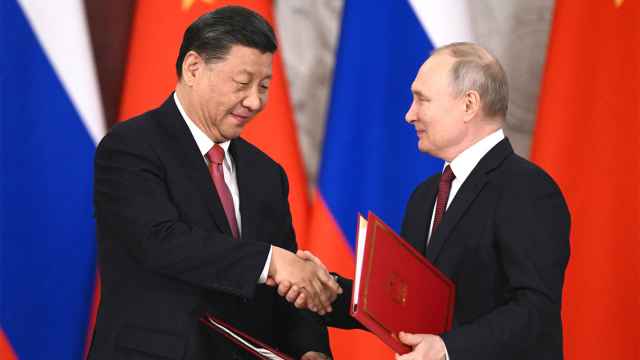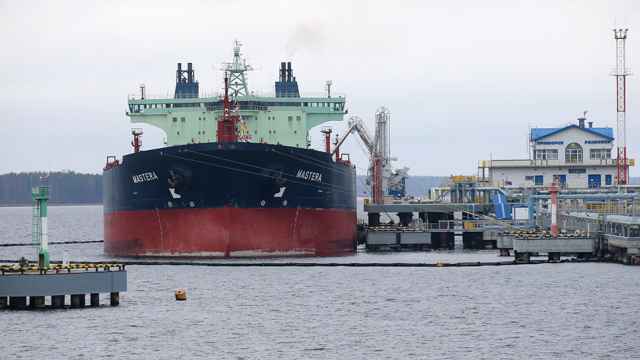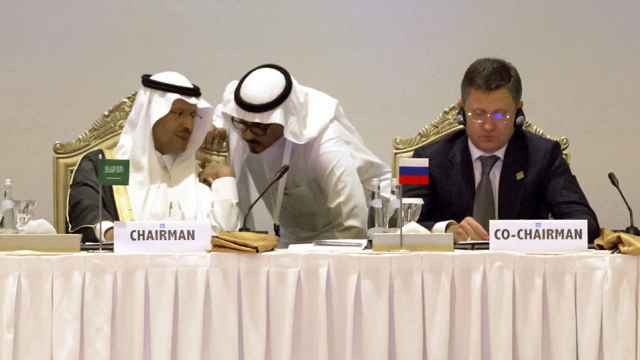When Saudi Arabian oil installations sustained major attacks last month, Russia’s energy minister, Alexander Novak, was ready to ramp up production to fill the supply gap.
"If there had been a need we would have been ready for coordinated action," Novak told Reuters in an interview in Moscow.
"We had a call with the Saudi minister ... He said they were managing. And I felt there was no need for any extraordinary measures."
In his seven years in the job, Novak has managed to persuade Russian oil companies to build significant spare capacity during output cuts, bringing his country into the ranks of swing producers — those able to adjust oil output in the short term to meet fluctuations in market demand.
Previously, only Saudi Arabia — and to an extent its neighbours the United Arab Emirates and Kuwait — had such an ability to cushion against oil-supply volatility.
So when Prince Abdulaziz bin Salman, the Saudi energy minister, called Novak two days after the attacks, he knew Russia could increase production fairly quickly by 300,000-500,000 barrels per day, or 0.3-0.5% of global supply, if Saudi production problems were to last longer than expected.
"We have said we have some 300,000 barrels per day of spare capacity, but today our potential is even higher because companies kept investing during the production cuts," he said, confirming that Russian spare capacity was around 500,000 barrels per day.
Born in then-Soviet Ukraine, Novak, 48, spent the early part of his career in Norilsk in the Arctic, where he studied economics and worked for mining giant Norilsk Nickel before becoming local deputy governor and then deputy finance minister.
As one of Russia's longest-serving energy ministers, Novak quickly expanded his portfolio to become the head of inter-governmental commissions with Iran, Saudi Arabia, Qatar and Turkey — a key area of diplomacy for President Vladimir Putin.
One of his biggest successes was the cooperation deal agreed with the Organization of the Petroleum Exporting Countries (OPEC) in 2016. The move, Russia's first such pact with the producer group in which both sides delivered on their pledges, saved oil prices from near-collapse and provided the Russian budget with tens of billions of dollars in additional revenues.
Prince Abdulaziz said last week that Russian cooperation with OPEC was first discussed when Novak attended Saudi King Abdullah's funeral in January 2015.
OPEC Secretary-General Mohammad Barkindo said on Monday he was counting on Russia to help soothe tensions between OPEC members Saudi Arabia and Iran, whose relations have hit new lows after the September attacks.
Last week, Novak organized the first meeting since the attacks between Prince Abdulaziz and Iranian Oil Minister Bijan Zanganeh on the sidelines of Russia's top energy forum.
Saudi Arabia has blamed regional rival Iran for the attacks, a charge Tehran denies.
"OPEC is a mature organisation. Despite differences on a bilateral level, it always manages to find consensus on a multilateral level," Novak said.
Monetising Reserves
Inside Russia, Novak faces calls from the Finance Ministry for higher revenues from oil, juxtaposed against demands from companies such as Rosneft for lower taxes.
Rosneft is run by one of Putin's closest allies, Igor Sechin. Novak, for his part, is not viewed as a member of Putin's inner circle, mostly made up of old friends from his time in St. Petersburg.
Nevertheless, Novak has persuaded the industry to stick to joint production cuts with OPEC despite initial, vehement opposition from Sechin, who argued that Russia was losing market share to the United States, where oil output is booming.
Novak's response was to tell oil companies they had more to gain from higher prices and lower output rather than pumping at will and seeing prices crash further.
Novak is now pushing for a major tax overhaul to allow Russia to compete better with the United States and bring into production up to 10 billion tonnes of currently uneconomic reserves.
With reserves big enough to sustain oil output for 50 years and gas for over 100 years, Novak says Russia might need to monetise its reserves more quickly even though he doesn't expect the world to cut oil use through 2050.
"The speed of reserves monetisation is an issue faced by many countries ... Markets change, forecasts change — you need to constantly monitor how the situation evolves," he said.
With plans to expand liquefied natural gas (LNG) output five-fold to 140 million tonnes by 2030 and to extract currently uneconomic oil reserves, Russia is effectively speeding up its reserves monetisation, Novak said.
"In the LNG market, competition will be very severe. And we are ready to compete," he said.
He added that most new energy volumes would flow to Asia, where demand is growing. Over the past decade, the share of Asian consumers of Russian energy export volumes has grown to 32% from 12.5% and is set to increase further, he said.
Putin has pledged to diversify energy exports amid pressure from U.S. and EU sanctions imposed on Russia over Ukraine.
Novak said exports to Asia were rising mainly because of growing demand for energy there rather than politics.
"I don't think about sanctions every day ... We will adapt to any circumstances. Show me a single example where sanctions worked. Yes, they hurt economically but they never achieve the initial goals ... Just look at Iran," he said.
A Message from The Moscow Times:
Dear readers,
We are facing unprecedented challenges. Russia's Prosecutor General's Office has designated The Moscow Times as an "undesirable" organization, criminalizing our work and putting our staff at risk of prosecution. This follows our earlier unjust labeling as a "foreign agent."
These actions are direct attempts to silence independent journalism in Russia. The authorities claim our work "discredits the decisions of the Russian leadership." We see things differently: we strive to provide accurate, unbiased reporting on Russia.
We, the journalists of The Moscow Times, refuse to be silenced. But to continue our work, we need your help.
Your support, no matter how small, makes a world of difference. If you can, please support us monthly starting from just $2. It's quick to set up, and every contribution makes a significant impact.
By supporting The Moscow Times, you're defending open, independent journalism in the face of repression. Thank you for standing with us.
Remind me later.


